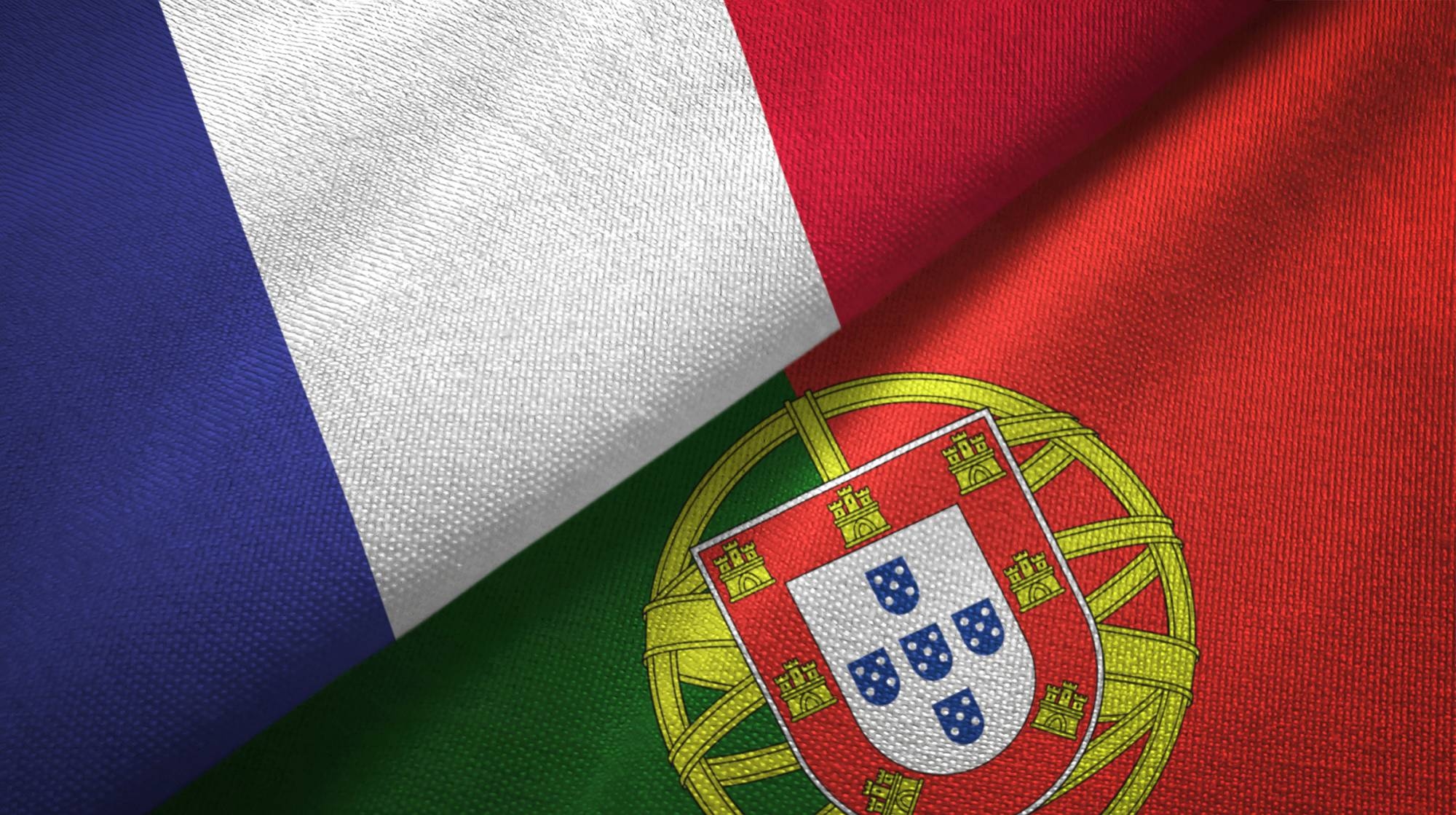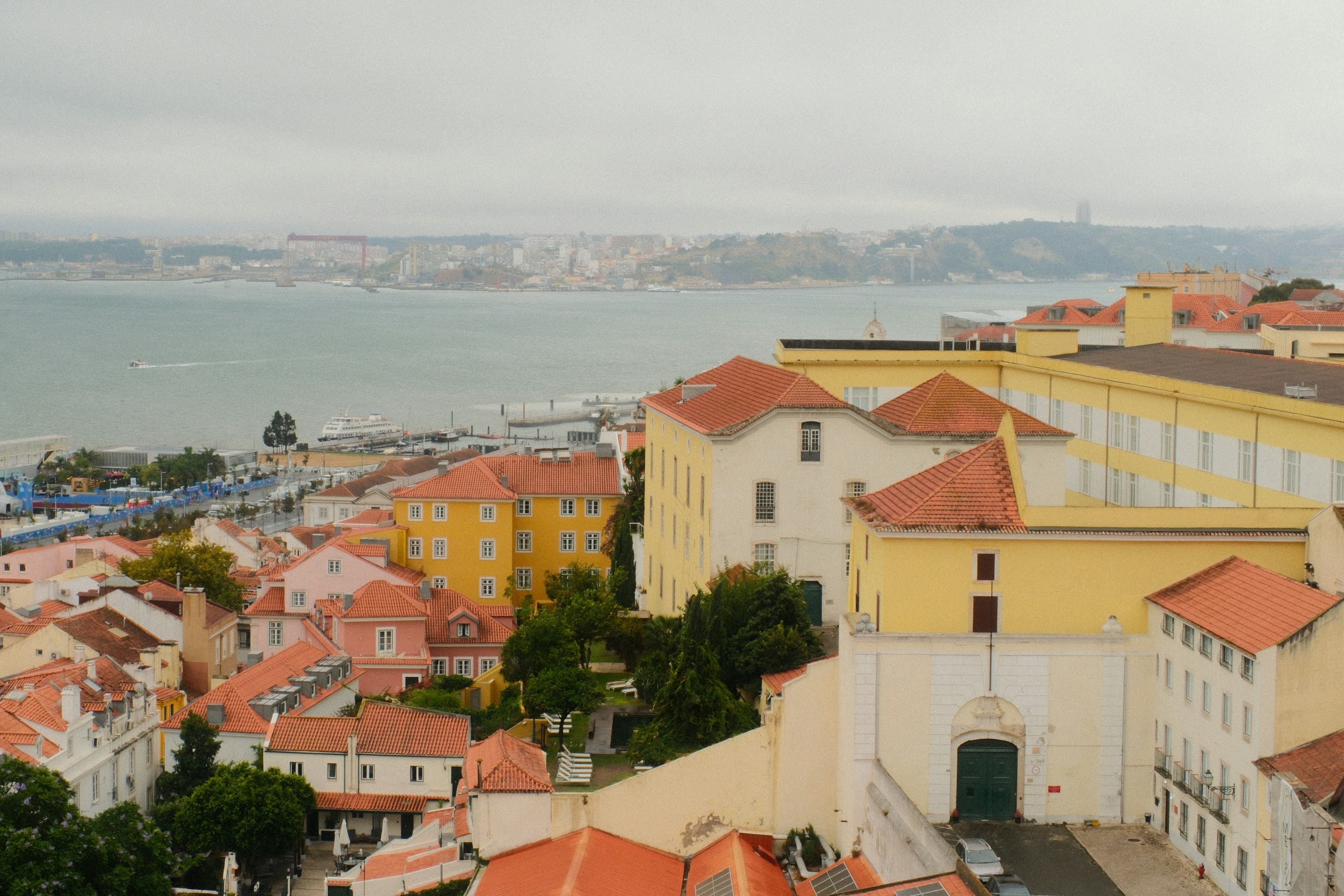
Cultural Differences Between France and Portugal in Everyday Life
When two European cultures meet: understanding, smiling, and adapting to the little daily differences between the French and the Portuguese.
France and Portugal share a long common history built on respect and friendship. But living between the two countries means discovering how much small habits, ways of speaking, or daily routines differ. These cultural nuances, sometimes amusing, sometimes surprising, reveal a lot about the character of both peoples. Between lifestyle, communication, cuisine, family, or work, this is a journey into the heart of the French-Portuguese differences that make this relationship so rich.
The Pace of Life: The Portuguese Dolce Vida
From the very first days, a French newcomer in Portugal notices something striking: tranquility. The Portuguese live at a calmer, smoother rhythm. Time seems to stretch, days seem to breathe. While France values speed and performance, Portugal cultivates a certain slowness — not laziness, but serenity.
Here, people have coffee on a terrace without checking their watch. They chat with a neighbor before heading to work. Meals last, pauses matter. It’s a different philosophy of time, where efficiency is measured less by speed and more by quality of life.
For a French person used to racing for the metro, it may seem disorienting at first. But soon, this serenity becomes contagious: in Portugal, you learn to breathe.
Communication: The Art of Subtlety and Gentleness
The Portuguese are known for their kindness and their gentle way of approaching others. Communication is often less direct than in France. Saying no outright can sound rude; one prefers to soften, to hint, to go around it.
In France, frankness, sharp opinions, and lively debates are valued. In Portugal, harmony comes first. Conversations remain calm and respectful, even when people disagree.
This cultural difference is felt in everyday life: in an office, a restaurant, or a meeting, Portuguese politeness may surprise, but it creates a more relaxed atmosphere. Where the French tend to confront, the Portuguese prefer to compose. It’s another form of elegance — that of diplomacy.

Gastronomy: Two Passions, Two Rhythms
The French like to say they live to eat. The Portuguese too, but differently.
In France, the meal is an almost sacred ritual, structured and timed, with fixed hours and three courses. In Portugal, the table is simpler but more spontaneous. People eat when they’re hungry, often later, often with friends.
Portuguese cooking comes from the heart, without fuss: grilled fish, a dish of cod, a bowl of homemade soup. Wine flows gently, desserts are sweet and generous.
What stands out most is the conviviality: here, people eat to share. The meal is a social bond, not a protocol. For a French person, this freedom is refreshing — a return to essentials.
Work: Seriousness Without Stress
The Portuguese are hardworking, conscientious, and responsible. But their relationship with work differs noticeably from that of the French.
In France, hierarchy, specialization, and formal structure are highly valued. Meetings follow one another, emails pile up, and tone tends to be more rigid.
In Portugal, hierarchy exists, but the atmosphere remains more human. The professional climate is based on mutual respect, sometimes more flexible. Punctuality, though appreciated, is less strict.
Results matter more than procedures, trust more than control. Work is important, but life around it is just as much. This philosophy gives Portugal a rare professional balance, where well-being is not a luxury but an implicit norm.
Family and Community: The Heart of Portuguese Life
If there’s one central value in Portugal, it’s family.
It structures society, shapes weekends, and gives collective meaning to life. Family meals often bring together several generations, and bonds remain strong, even across distance.
In France, families tend to be more independent, sometimes geographically or emotionally distant. In Portugal, family solidarity remains a cornerstone.
This sense of community goes beyond family ties: neighbors talk, friends help each other, and community life is part of the daily rhythm. It’s a country where people take time to be together.
Public Space: Conviviality and Respect
Walking through a Portuguese street is feeling neighborhood life. Cafés, markets, and terraces form the beating heart of towns. People greet one another, exchange words, smile.
Public space belongs to everyone, but everyone takes care of it. The Portuguese have a strong sense of civility and cleanliness. The French may seem more hurried, more urban, but also more assertive in how they use public space.
In Portugal, outdoor life is gentle. It’s a country of lively streets, open-air evenings, and quiet laughter. Where France can appear theatrical, Portugal cultivates simplicity.
Language: Emotion and Nuance
Portuguese is a melodic language, full of softness and melancholy. Just hearing a poem, a fado song, or an everyday conversation reveals its musicality.
For a French person, it may sound mysterious, but it opens a world of subtle emotions. Where French loves precision, Portuguese plays with suggestion.
The two languages reflect two ways of thinking: analytical rigor on one side, poetic sensitivity on the other. Learning Portuguese is also learning to listen differently.
Humor and Conviviality
The Portuguese have a discreet, tender, sometimes self-deprecating humor. Where the French enjoy irony and quick wit, the Portuguese prefer warmth and lightness.
Conversations often end in laughter, never in tension. People tease kindly, never to hurt.
This attitude contributes to a peaceful social climate, where living together is not an abstract idea but a daily reality.
Conclusion
Between French rigor and Portuguese gentleness, there is no cultural clash — only beautiful complementarity. The French discover in Portugal a calmer, more human art of living, more focused on the present moment. The Portuguese, in turn, appreciate the French for their organization, creativity, and critical spirit.
These differences, far from dividing, enrich both sides. They remind us that Europe is not uniformity, but a continuous dialogue between cultures that admire and complete each other.
In everyday life, it’s in a shared smile, a meal, or a kind word that the true French-Portuguese bond is woven.
Share this article
Suggested articles

Buy or Rent in Portugal: Which Housing Choice?
Portugal continues to attract: mild climate, vibrant culture, sunny gastronomy, and a relaxed pace of life. But when the time comes to settle or invest, one big question arises: should you buy or rent? The choice of housing, often emotional, becomes here a truly strategic decision. This guide helps you understand the differences, weigh the advantages, and choose the solution that best suits your project.

Truly Integrating into Portugal: Understanding the Local Mentality
There are countries where you arrive, unpack your bags, learn three words of the language, and think, “I’m integrated.” Portugal isn’t that kind of country. Here, integration isn’t about ticking boxes. It’s a slow conquest, a story of listening, of observation, of small gestures, and above all, of humility.

The Cost of Living in Portugal in 2025: Between Reality and Myth
For years, Portugal had that image of a small sunny paradise, where life cost almost nothing, where you could live like a king on a modest salary, and where retirees from Northern Europe came to settle down to “enjoy life.”

Mistakes to avoid when moving to Portugal
It’s a common mistake: imagining that moving to Portugal means leaving all modern life’s problems behind. The country may be welcoming, stable and warm, but it’s still a European nation with its own challenges.

Living in Portugal without speaking Portuguese myth or reality
Portugal is one of those rare countries where you can arrive without feeling completely lost. Young people speak English fluently, waiters switch easily between several languages, and even in public offices there’s almost always someone ready to help in French or Spanish. It’s not a myth: the Portuguese have a real talent for languages and, above all, they never make you feel bad for not speaking theirs.

The Most Popular Neighborhoods for Expats in Lisbon and Porto
Moving to Portugal has become, in recent years, a true social phenomenon. Between quality of life, mild climate, and warm hospitality, more and more expats are choosing Lisbon or Porto as their new home. But beyond clichés and postcards, each neighborhood has its own personality, atmosphere, and secrets. Let’s explore together the places most beloved by expats, where Portuguese authenticity meets modern comfort and a cosmopolitan spirit.


